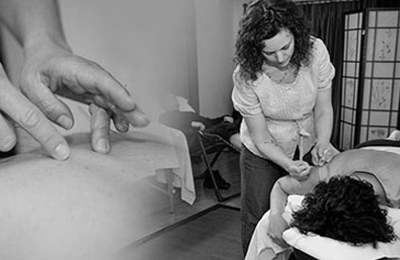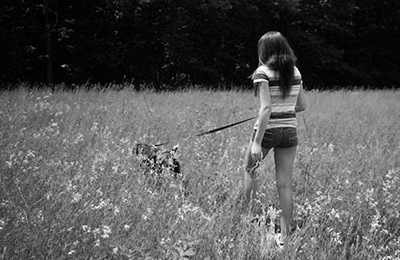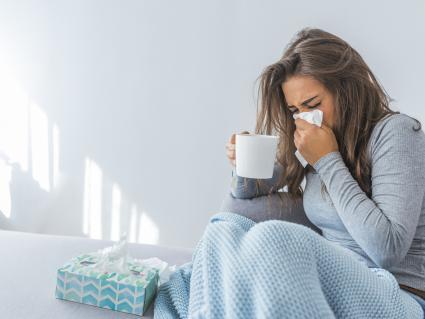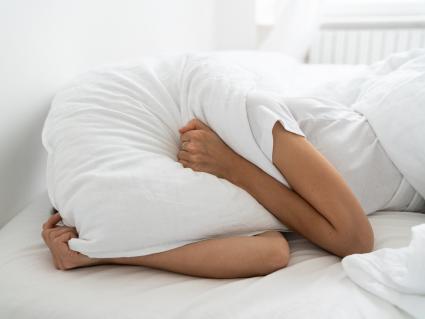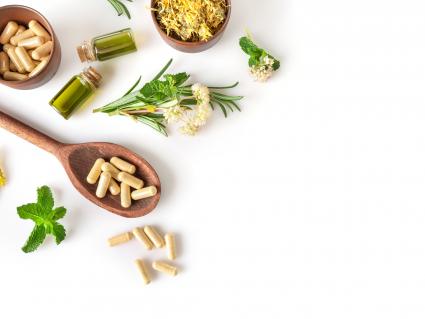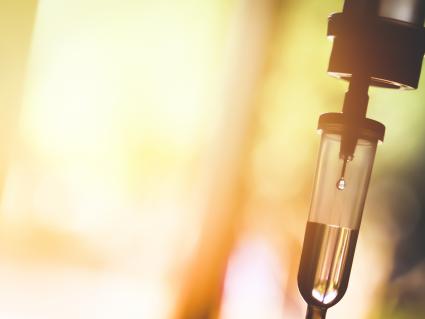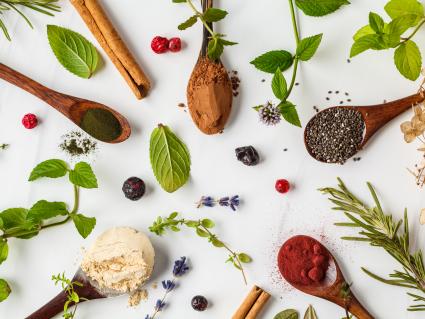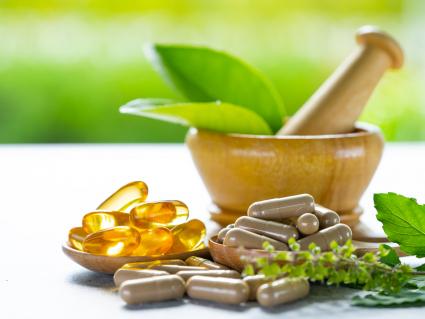How Harmonizing May Help Your Allergies
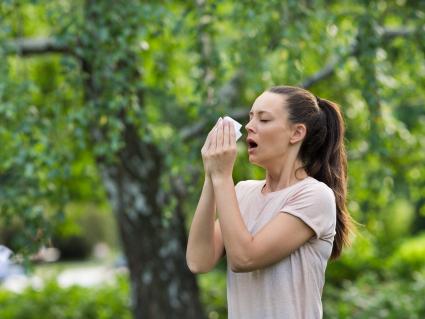
Chinese medicine for allergy relief.
Acupuncture and Chinese herbs are quite effective at addressing and resolving allergies. According to traditional practices, it is best to begin treating allergies in the opposite season, so for spring allergies, it is recommended to start treating in the fall, or at least, the winter. It is possible to address symptoms as they arise, but the goal is to prevent them from occurring in the first place. According to Traditional Chinese Medicine or TCM, diagnosis is made based on underlying patterns of disharmony. Seasonal allergies are often due to any combination of what we call Lung, Spleen or Kidney deficiencies as well as the influence of wind as an external pathogenic factor which can contribute to headache, sneezing, sore throat, runny or stuffy nose and more.
One point I almost always use when nasal symptoms are present is large intestine 20, named Ying Xiang, or ‘welcome fragrance.’ As you can see by the name alone, this point helps to open the nose for stuffiness and/or loss of smell. It is said to be the “foremost local point for treating all disorders of the nose.” It is located in the naso-labial groove just outside the nostrils. Although facial points may seem scary, I assure you the effect is immediate and the needles are extremely thin. Herbs can be used in conjunction with acupuncture for full relief. There are formulas that are like the herbal equivalent of medications like Sudafed and Claritin that also support the immune system.
With preventative and seasonal treatment of allergies, you no long need to fear the regrowth of all the beautiful trees, plants, and flowers in the spring!
Sources:
A Manual of Acupuncture by Peter Deadman & Mazin Al-Khafaji with Kevin Baker.



